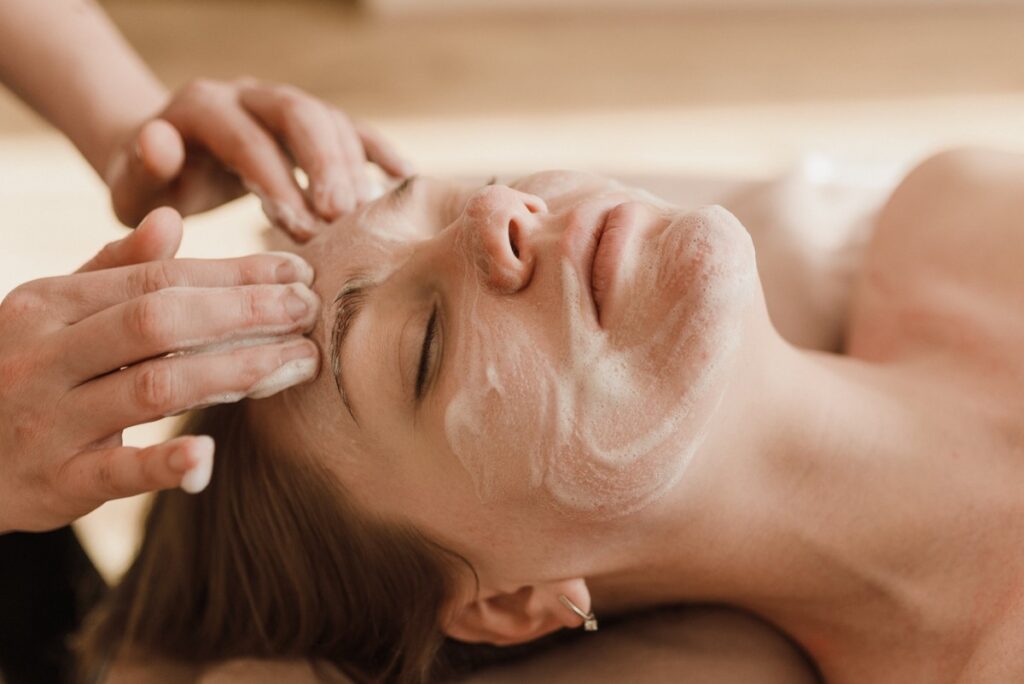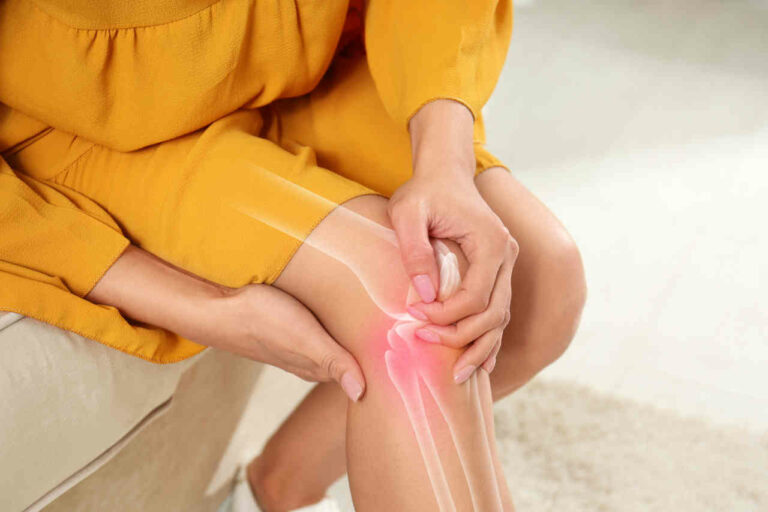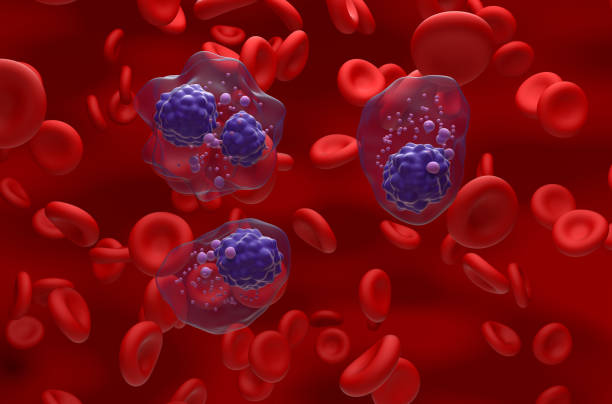Dermatitis Treatment: Effective Strategies for Managing Skin Inflammation
Dermatitis, also known as eczema, refers to a group of diseases that cause inflammation of the skin. These conditions can be uncomfortable, causing itching, redness, and skin rashes. While dermatitis can be chronic, there are various treatments and lifestyle adjustments that can help manage symptoms and improve skin health. This guide explores the different types of dermatitis, their treatments, and tips for symptom management.

Understanding Dermatitis
Dermatitis is characterized by itchy, inflamed skin. The most common types include atopic dermatitis (eczema), contact dermatitis, and seborrheic dermatitis. Each type has specific triggers and symptoms, and their treatments may vary.
Types of Dermatitis and Their Treatments
Atopic Dermatitis (Eczema)
- Moisturizers: Essential for maintaining skin hydration and barrier function.
- Topical Steroids: Reduce skin inflammation and itching.
- Calcineurin Inhibitors: Non-steroidal creams that suppress immune responses causing skin inflammation.
Contact Dermatitis
- Avoiding Irritants/Allergens: Identifying and avoiding substances that trigger skin reactions.
- Topical Creams: Steroid creams to reduce inflammation.
- Oral Medications: Antihistamines to relieve itching.
Seborrheic Dermatitis
- Medicated Shampoos: Containing ingredients like ketoconazole, selenium sulfide, or zinc pyrithione.
- Topical Antifungals or Steroids: To reduce inflammation and control yeast growth.
General Dermatitis Management
- Gentle Skincare: Using mild, fragrance-free cleansers and moisturizers.
- Cool Compresses: Applying cool, wet cloths to the irritated skin can soothe itching and inflammation.
- Bathing Practices: Short, warm baths with gentle, non-soap cleansers. Patting the skin dry and applying moisturizer immediately afterward.
- Stress Management: Stress can exacerbate dermatitis, so stress-reduction techniques can be beneficial.
Lifestyle Changes
- Diet: Some individuals may find that certain foods trigger their symptoms.
- Clothing: Wear soft, breathable fabrics to avoid skin irritation.
- Home Environment: Using a humidifier to maintain skin moisture and avoiding extreme temperatures.
Medications
- Systemic Medications: For severe cases, oral or injectable medications that suppress the immune system may be necessary.
- Biologics: A newer class of drugs that target specific parts of the immune system.
Alternative Therapies
- Phototherapy: Controlled exposure to ultraviolet light can be effective for some types of dermatitis.
- Natural Remedies: Some find relief in natural remedies like aloe vera or coconut oil, though it’s essential to test for skin reactions.
When to See a Dermatologist
Consulting a dermatologist is crucial for:
- Accurate diagnosis and identification of dermatitis type.
- Developing a tailored treatment plan.
- Managing persistent or severe symptoms.
Conclusion
Dermatitis can be a challenging condition, but with the right treatment plan and lifestyle modifications, its symptoms can be effectively managed. Understanding the type of dermatitis, identifying triggers, and maintaining a consistent skincare routine are key components of successful management. For those with severe or persistent symptoms, a dermatologist can provide specialized treatments and guidance.






